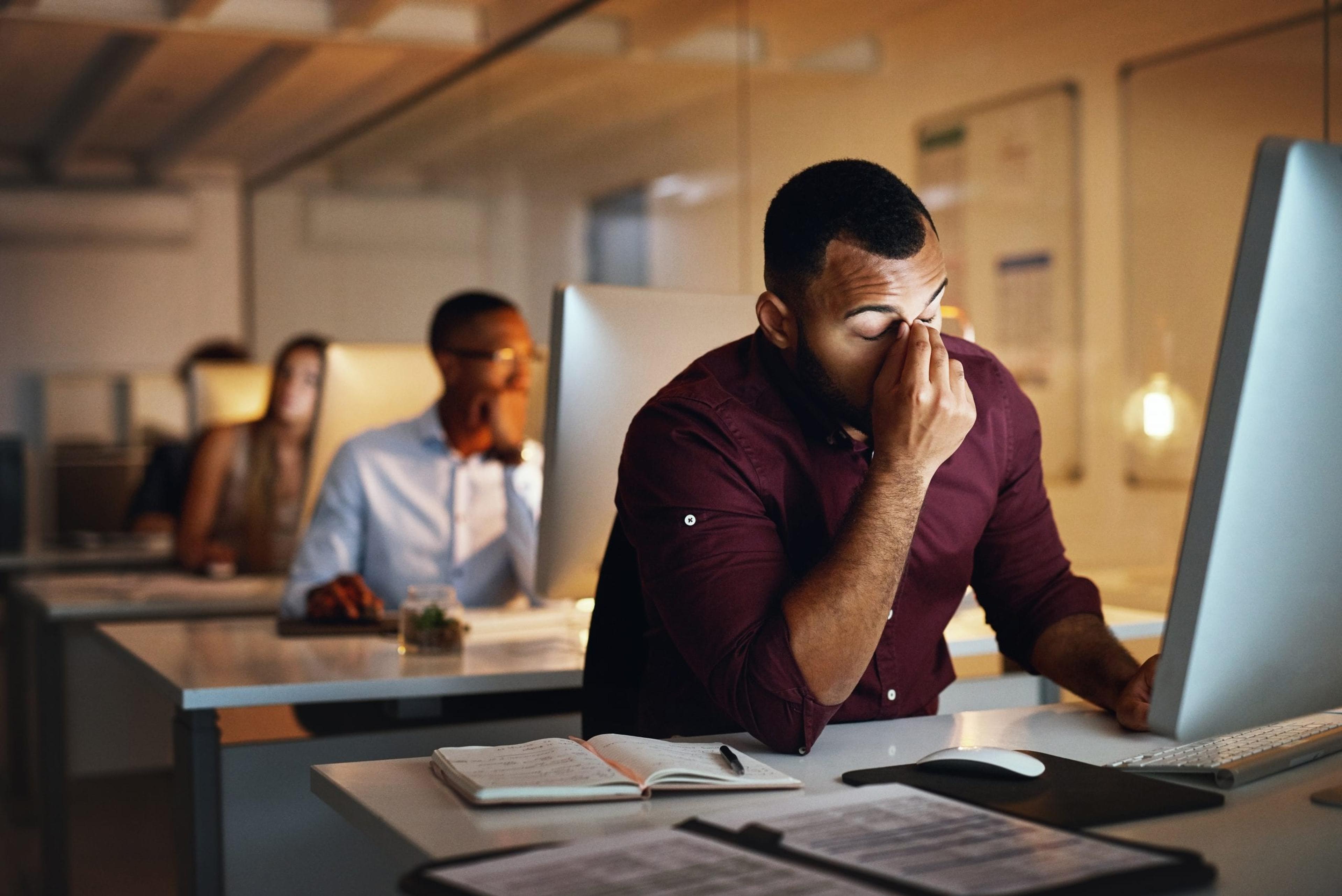
Studies have found that working 12 hours per day increases the chances of getting injured by 37%. Worker fatigue can be caused by interrupted sleep cycles and working extended or irregular shifts. Fatigue can manifest itself in any industry, but it’s most common in industries such as healthcare, transportation, fire responders, construction, military and hospitality. Regardless of what industry you work in, working long hours can be draining physically, emotionally and mentally. Fatigue has been linked to numerous health conditions, such as:
- Heart disease
- Digestive disorders
- Musculoskeletal disorders
- Reproductive system problems
- Depression and other mental health disorders
- Sleep disorders
- Weight management difficulties
- Certain kinds of cancers
It also can worsen chronic conditions such as diabetes. Not only does worker fatigue negatively impact employee health and morale, but it impacts their work in many other ways, too. For example, employees experiencing worker fatigue are far more likely to get injured on the job due to decreased alertness. The good news is that there are many ways for employers to help.
- Make sure workload is spread evenly. Having a manageable workload helps to minimize stress and the need to work long hours.
- Allow frequent time to rest. Work can be exhausting. Taking breaks throughout the day gives the brain a little time to relax while still staying productive.
- Set up an environment to increase alertness. Having a well-lit work area helps keep employees alert. You should also make sure that the workplace doesn’t have too much stimulation as prolonged exposure to it may become draining.
- Provide your workers with training so they can recognize signs of worker fatigue and learn how to combat it.
- Establish a fatigue risk management program. Some industries already have policies in place.
Companies can also encourage employees to have a good night’s sleep. One of the best ways to combat fatigue is by getting as many restful hours of sleep as possible. This is the third post in a four-part series about workplace safety. Read past posts about recognizing hazards in the workplace and preventing slips, trips and falls. Stay tuned for the final post on the dangers of impairment at work. You may also like:
Photo credit: PeopleImages





